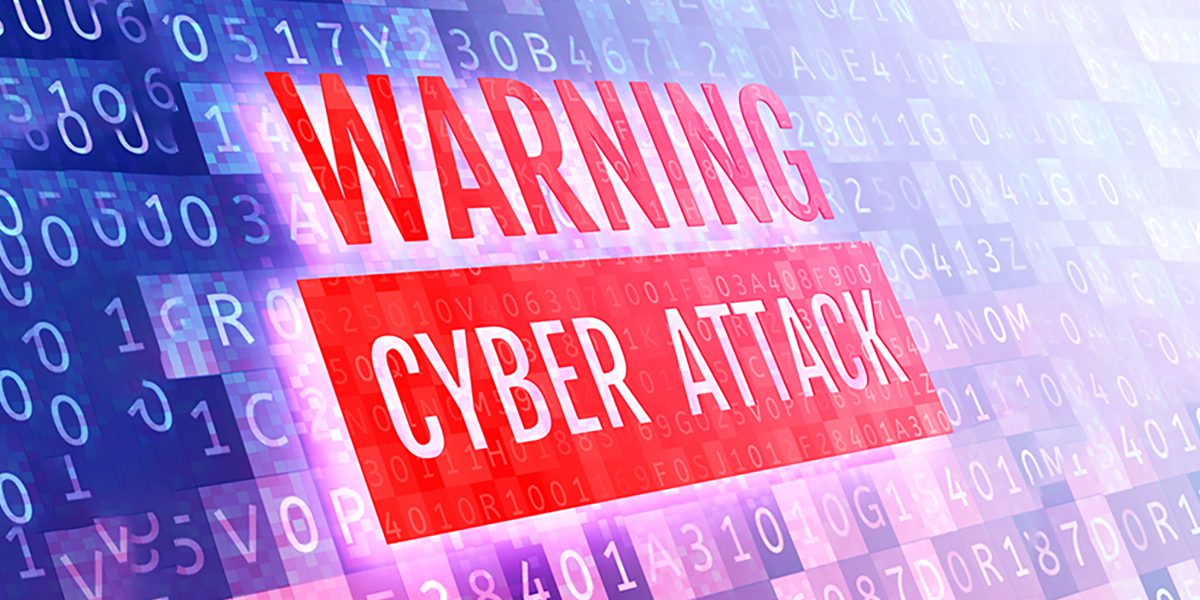By Yago Morgan
The damaging potential of a war no longer needs to be explained by anyone. The harmful and overwhelming effects on the nations involved can be seen with the naked eye. However, few are aware of the real scale of the effects of the silent war that is waged on a daily basis. We are talking about cyber-attacks.
To give you a better idea of what we’re talking about, the estimated losses from cybercrime in 2024 are US$9.5 trillion, according to data from Cybersecurity Ventures, which also reports that the practice is more lucrative than the global trade in all major drugs.
The reason for this figure is easily justified: nations are increasingly offering their services in a virtual environment – financial, defence, health or education systems – these are just a few examples of services that have experienced unprecedented virtualization and, as a result, the large databases needed to run these services are now available in these environments. At the same time, society’s need for the availability of these services is growing. It is the combination of these two factors that arouse the interest of criminals.
And this is where the relevance of the issue becomes clear: the unavailability of these systems for minutes, hours or even days causes incalculable damage to any country. To bring the reality even closer to the reader, an outage at the PIX¹ on September 25th of this year lasted approximately 4 hours and caused an estimated impact of R$12.5 billion (US $2.5 billion).
Massive investment in cybersecurity has dominated the agenda of governments at all levels – federal, municipal and state. And the challenge for managers lies precisely in this: ensuring access to cutting-edge technology to defend their applications, in the fight against an enemy that is often imperceptible and has just as sophisticated resources at its disposal. However, without having to face bureaucratic purchasing processes, hiring qualified technical staff and, above all, without having to act ethically.
There is a long way to go in the quest to increase cyber resilience, as the Davos World Forum rightly points out in its Global Cybersecurity Risks report, and some points are key to increasing the maturity of institutions along this journey: improving communication and access from the technology areas to the managers of public bodies, rethinking the structures of institutions to consider cyber risks in business areas, creating an organizational culture of cyber security and strengthening technology careers in general.
¹Launched in November 2020 in Brazil, Pix is now operating as an instant payment system announced by the Central Bank of Brazil (Bacen). It seeks to reduce the time and costs of banking operations and could revolutionize the way payments are made. Pix works mainly by using digital means to make transfers. A payment via Pix, therefore, is usually made with the support of the internet – such as internet banking on a website or application.
Yago Morgan is an expert in data privacy and information security *** Translated by DEFCONPress FYI Team ***
